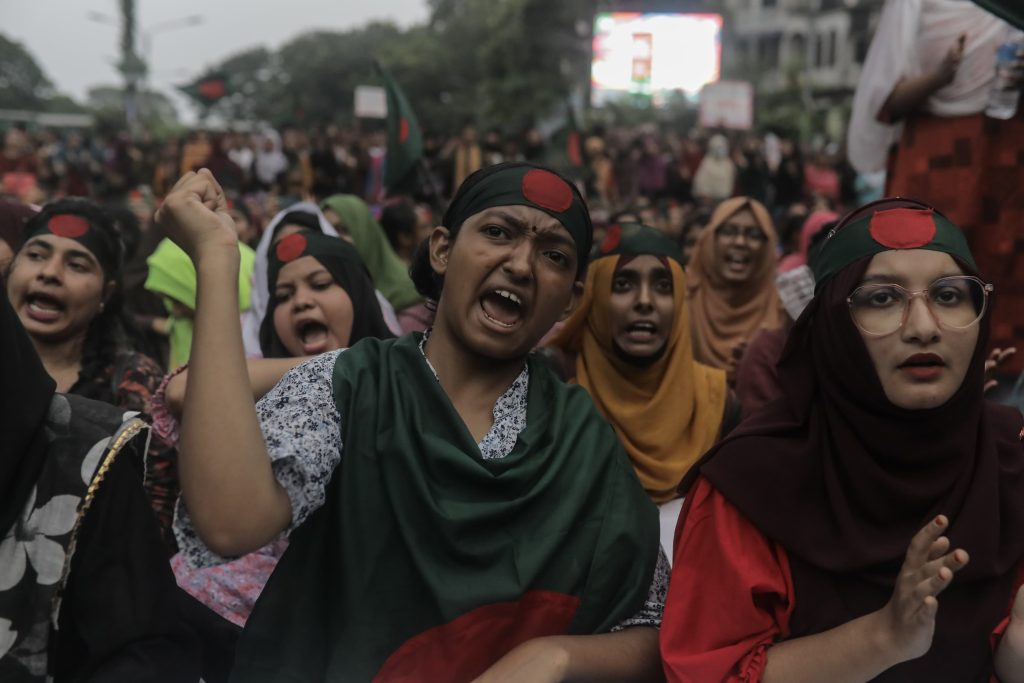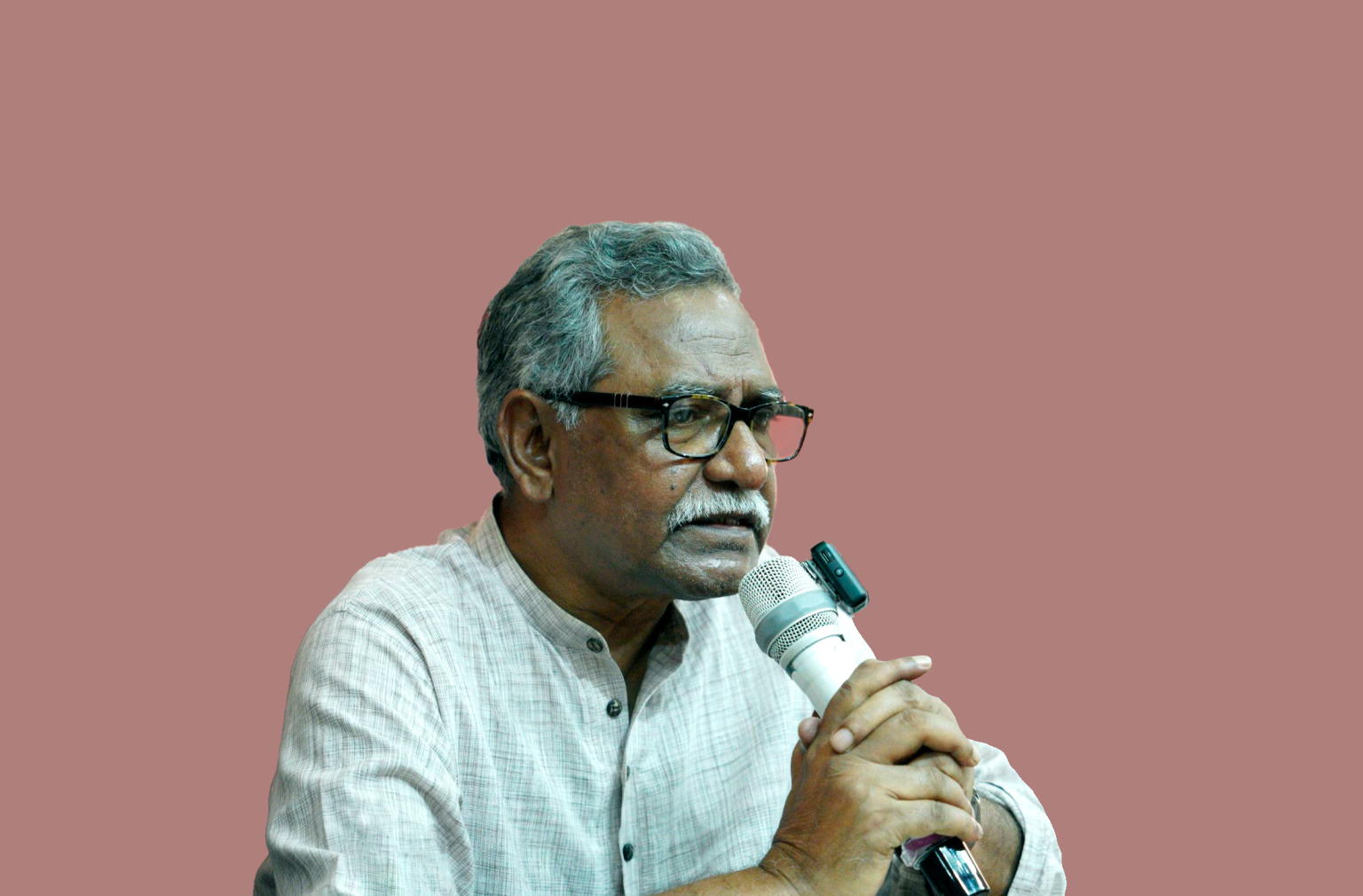People now live free of fear, but the interim government led by Chief Adviser Muhammad Yunus is continuing in the same model as the ousted regime of Prime Minister Sheikh Hasina, according to economist and activist professor Anu Muhammad.
“Corruption, extortion, violence, environmental destruction, and the implementation of anti-national agreements are ongoing just as before,” he said in an interview with the Times of Bangladesh on the anniversary of the July Uprising.
When asked whether the ‘July movement’ was a 36-day mass uprising, he clarified, “The student-led anti-quota movement was brutally repressed by the Awami League using police, the Chhatra League, and other forces in a fascist manner. But once, public joined the students on the streets, the movement transformed into a one-point demand for the fall of the regime.”
The famed economist and activist continued: The government responded with indiscriminate shootings, killings, suppression, and mass arrests across the country. Yet, faced with a united resistance and a full-fledged uprising, Sheikh Hasina and her entire regime were eventually forced to flee the country.
Professor Anu Muhammad asserted, “This was not just a 36-day movement, but rather the climax of a long-simmering resistance against Sheikh Hasina’s autocratic and fascist misrule. Since the illegitimate extension of power after the 2014 farcical election, public resentment steadily grew. The regime’s corruption, looting, ‘mega-projects for mega-profits,’ and rampant money laundering abroad had reached an extreme level.”
He accused the Hasina government of acting as though they owned the country, using the police, RAB, Chhatra League, and pro-government organisations to enforce their power with lies, black laws such as the Digital Security Act, and brutal suppression. “Their plunder and oppression spread deeply to the grassroots,” he said.
He recalled past movements including the protests against Rampal coal power plant, the student-led road safety movement, left-democratic mobilisations, professional groups’ demonstrations, and the most recent anti-quota movement. “These paved the way for the final one-point uprising that brought success,” he said.

Regarding the achievements of the current Yunus-led interim government, Anu Muhammad acknowledged, “After the July Uprising, people can now live free of fear in a post-autocracy atmosphere. The interim government has taken some significant steps, restructuring the Election Commission, ensuring judicial transparency, and safeguarding freedom of expression. Reform proposals from various commissions are helping chart a path toward democracy. These are positive developments.”
However, he warned that “corruption, extortion, violence, and the implementation of anti-national agreements continue much like in the Hasina era. Although there may not be ‘mega-corruption’ in mega-projects for now, syndicates are re-emerging in various sectors.”
He also criticised the government for failing to uphold the spirit of the July Uprising in terms of building an anti-discriminatory society. “Women, indigenous peoples, and religious minorities are repeatedly attacked. Extremist, patriarchal, and discriminatory forces are trying to suppress progressive voices. The government has shown extreme failure in curbing these forces.”
On the issue of anti-national agreements, Anu Muhammad noted, “Although many of these deals were signed during the Hasina regime, the current government has not cancelled them. Instead, they are being implemented. Several projects, including LNG import deals, are being executed without proper tendering.”
Citing the example of leasing out the New Mooring Container Terminal at Chattogram Port to a foreign company, he called the decision “risky” and “against national interest.” He asked, “We understood Sheikh Hasina’s obsession with foreign investment, but why does the same pattern persist under Yunus?”
He also expressed concern about the government’s deal with Starlink. “If these agreements truly serve public welfare, then they must be made public. It is the government’s duty to ensure transparency.”
Additionally, Anu Muhammad accused the government of failing to curb the growing trend of “mob violence” used to elevate or eliminate individuals. “From attacks on shrines to the destruction of Liberation War memorials and cultural institutions, mob culture is on the rise, and in many cases, the government’s response has been soft or complicit.”
He called on progressive and anti-discriminatory forces to organise more strongly. “To establish a Bangladesh that reflects the spirit of the Liberation War, free from inequality and injustice, social and political movements must be intensified.”


